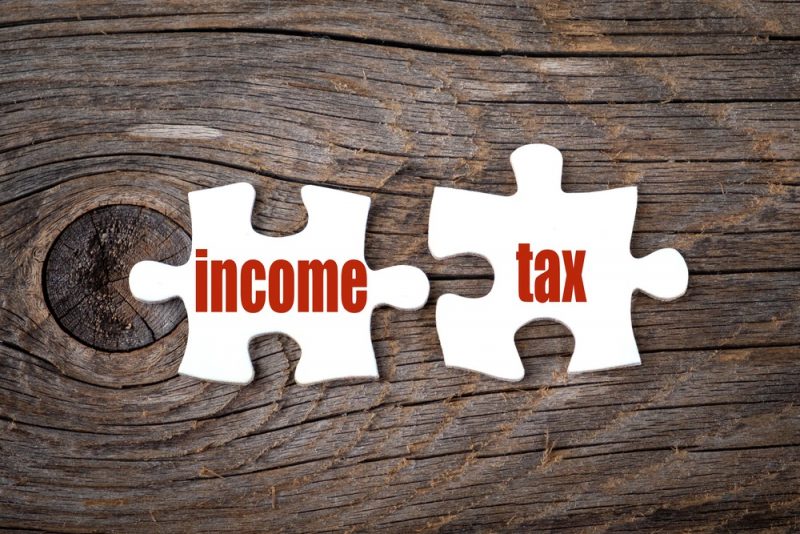Understanding and Resolving the Complexities: A Case Analysis.
14 Nov, 2023
3630 View
Introduction
- The subject matter of this article revolves around two appeals filed by the assessee against the common order of the Learned Commissioner of Income Tax (Appeals)-National Faceless Appeal Centre (NFAC) Delhi. Dated 28/12/2022, the order in question pertains to Assessment Years 2013-14 and 2014-15. The primary contention in both appeals is centered on the withholding tax liability concerning Common Area Maintenance (CAM) charges.
Common Grounds of Appeal
The appellant asserts several common grounds in both appeals, challenging the order under section 201(1A) of the Income Tax Act. These grounds can be summarized as follows:
-
The first appellate authority erred in confirming the finding that the assessee is an 'Assessee in default' regarding withholding tax liability on CAM charges under section 194-C, not section 194-I.
-
The first appellate authority erred in confirming the order under section 201(1A) despite the acknowledgment that the receiver of CAM charges had declared the amount as income and paid taxes.
-
The first appellate authority neglected to address the appeal ground concerning the incorrect calculation of the interest amount.
Condonation of Delay
- The appeals were filed with a delay of 115 days. The assessee filed an application for the condonation of delay, citing oversight by the counsel and a communication gap due to the departure of Mr. Himanshu Sood, which caused the delay. The delay was condoned based on these reasons.
Background and Assessing Officer's Orders
- The Assessing Officer computed the total income of the assessee for the relevant assessment years, treating CAM charges as part of rental activities under section 194-I. The assessee was deemed an 'Assessee in default' for failing to deduct tax on these payments.
CIT(A) Decision and Further Appeals
- The appeals were taken to the Commissioner of Income Tax (Appeals), who, in the order dated 28/12/2022, upheld the Assessing Officer's decision. Unsatisfied with this outcome, the assessee filed the present appeals.
Legal Arguments
- The crux of the legal argument lies in whether CAM charges fall under section 194-I or section 194-C of the Income Tax Act. The assessee contends that CAM charges are covered by section 194-C, citing precedents such as the Yum Restaurants India case and their own case for the Assessment Year 2012-13.
Judicial Precedents
- The Yum Restaurants India case, decided on 03/10/2022, established that rent is governed by section 194-I, while CAM charges fall under section 194-C. The same principle was applied in the assessee's own case for the Assessment Year 2012-13.
Decision
- After due consideration, the Co-ordinate Bench, following the precedents, ruled in favor of the assessee. It held that CAM charges are subject to section 194-C, not section 194-I. The Assessing Officer was directed to recompute the CAM charges accordingly.
Conclusion
- The appeals, challenging the order of the Commissioner of Income Tax (Appeals), found merit based on the interpretation of sections 194-I and 194-C. The decision emphasizes the distinction between rent and CAM charges, providing clarity on the applicable tax provisions. This case serves as a reminder of the importance of precise classification under tax laws and the impact of judicial precedents on such classifications.
Topic-Welgrow Hotels Concepts Pvt. Ltd Versus Income Tax Officer
Court-ITAT-Delhi
Date-05/10/2023
Team Taxonation

Comment: